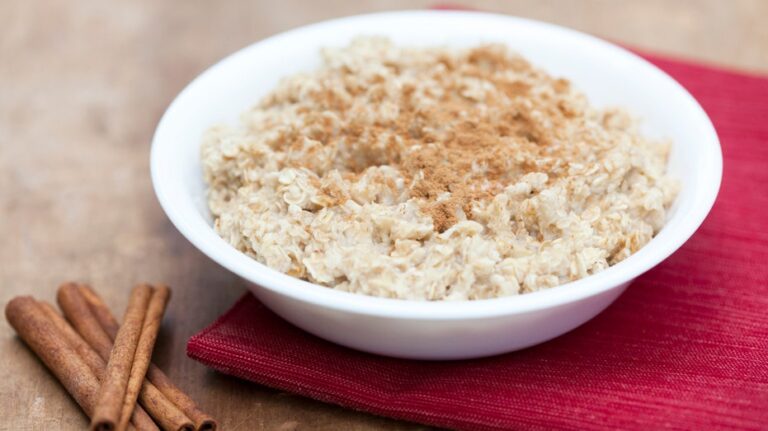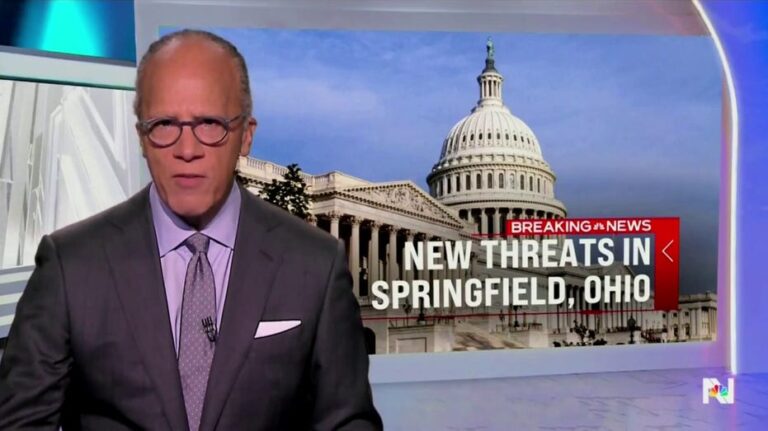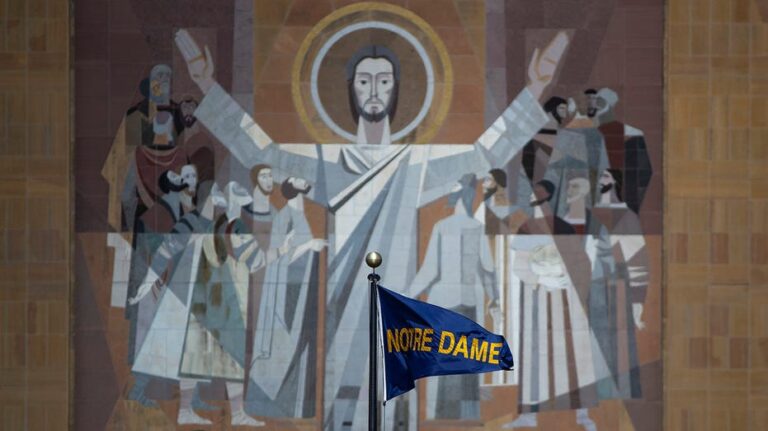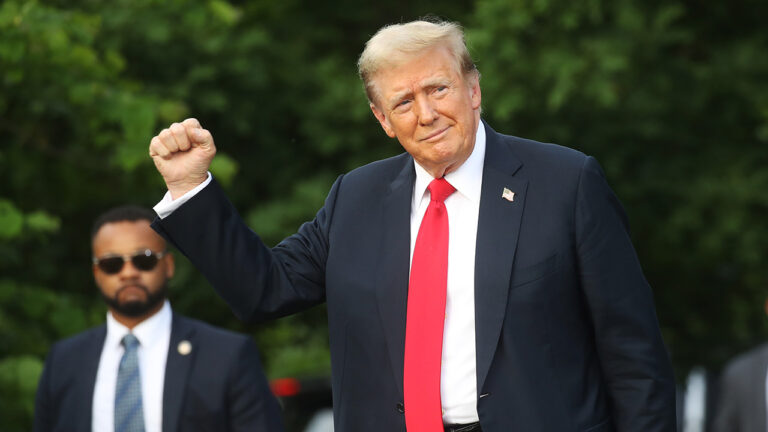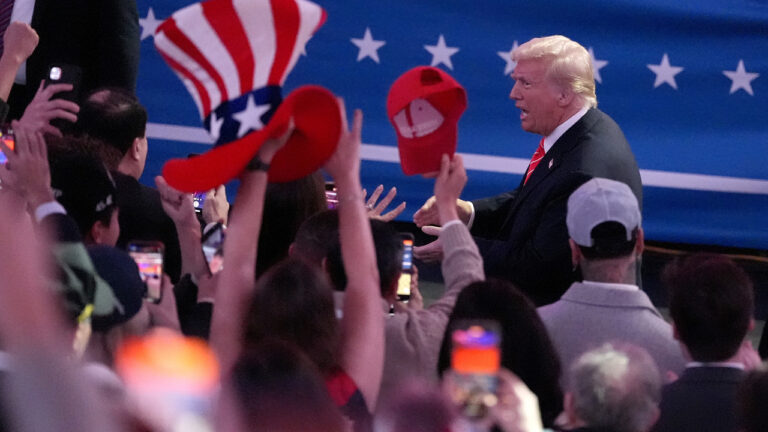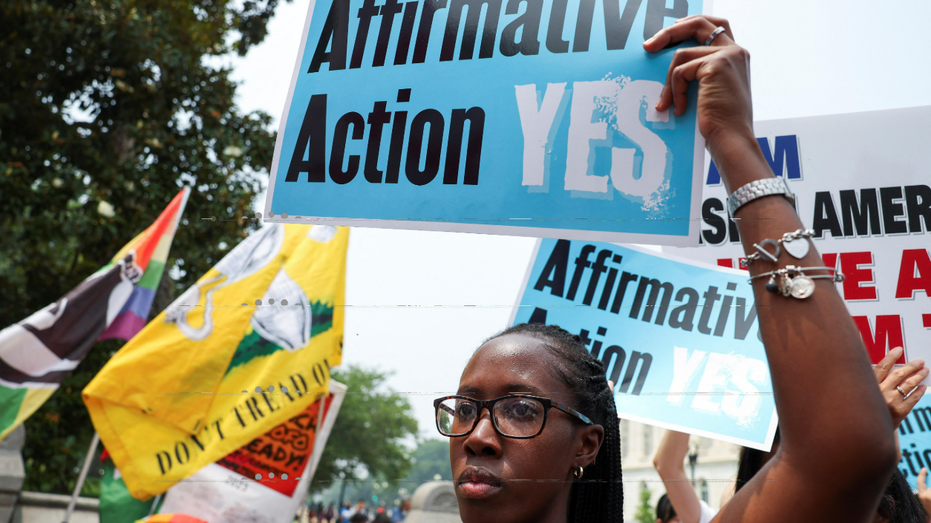
American academia is still feeling the shockwaves of the Supreme Court’s ruling against affirmative action, as Black enrollment at Harvard Law sinks to its lowest in decades.
Black student enrollment at Harvard Law took a nosedive after the Supreme Court ruled against race-based admissions last year.
The U.S. Supreme Court handed down a major ruling on affirmative action in the summer of 2023, rejecting the use of race as a factor in college admissions as a violation of the 14th Amendment’s Equal Protection Clause.
On Monday, the New York Times reported, “Harvard Law enrolled 19 first-year Black students, or 3.4 percent of the class, the lowest number since the 1960s, according to the data from the American Bar Association. Last year, the law school’s first-year class had 43 Black students.”
Harvard Law spokesman, Jeff Neal, said in a statement to The Times that Harvard Law continues “to believe that a student body composed of persons with a wide variety of backgrounds and experiences is a vital component of legal education.” He also added that “Harvard Law School remains committed both to following the law and to fostering an on-campus community and a legal profession that reflect numerous dimensions of human experience.”
SUPREME COURT REJECTS BOSTON PARENTS’ APPEAL CLAIMING RACIAL BIAS IN ADMISSIONS POLICY
Neal told Fox News Digital that an analysis of the full effect of the Supreme Court’s decision remains “necessarily limited” only one year later.
“When the Supreme Court ruled last year, it was understood that the decision would impact, in ways that could not be fully anticipated, the ability of educational institutions across the nation, including law schools, to attract and admit a diverse cohort of students,” Neal said.
“The conclusions that can be drawn from one year of data are necessarily limited. We continue to believe that a student body composed of persons with a wide variety of backgrounds and experiences is a vital component of legal education,” he said. “Harvard Law School remains committed both to following the law and to fostering an on-campus community and a legal profession that reflect numerous dimensions of human experience.”
But some Harvard faculty have a more negative view, according to The Times.
Harvard law professor David B. Wilkins, who has studied Black representation in the legal profession, argued, “This obviously has a lot to do with the chilling effect created by that decision. This is the lowest number of Black entering first-year students since 1965.”
The Times noted that he specifically pointed to “numbers compiled by the Center on the Legal Profession at Harvard, where he also serves as faculty director. That year [1965], there were 15 entering Black students. Since 1970, there have generally been 50 to 70 Black students in Harvard Law’s first-year class, he said.”
The same article also summarized that, according to Wilkins, “professors teaching first-year sections noted a noticeable decline in Black students, particularly a very small number of Black men: six.”
Sean Wynn, the president of the Harvard Black Law Students Association, lamented the decline in enrollment as a “crushing loss,” and told The Times, “With this marked decline, the ruling has broken something fundamental about the experience of attending this law school.”
SCHOLARSHIP PROGRAMS SLAPPED WITH LAWSUITS FOR ALLEGED DISCRIMINATION AGAINST WHITE MEN
But the decrease in Black students is reportedly not the only salient racial impact that resulted from the Supreme Court’s decision, as the Times claimed, “The law school also saw a steep decline in Hispanic students, to 39 students, or 6.9 percent, this fall, from 63 students, or 11 percent of the total, in 2023. Enrollment of white and Asian students increased.”
UCLA law professor Richard Sander, a critic of affirmative action, argued that demographics show there are some positive trends at work.
“While some top tier schools lost Black enrollment, across all law schools the number of Black students enrolling in law school increased by about 3 percent, to 3,060 this fall from 2,969 in 2023, according to the A.B.A. It was tricky to say whether this was a meaningful increase, partly because of reporting changes, Mr. Sander said,” The Times summarized. “He also noted that the Black enrollment data did not include students who said they were multiracial or declined to report their race.”
“But the real point is that there was no meaningful decline,” Sander said.
CLICK HERE TO GET THE FOX NEWS APP
He purportedly argued that the drop in Black enrollment at Harvard Law might actually be beneficial for the Black students themselves, “because those students are going to go to another school where they’re better matched and they’re poised to succeed.”
